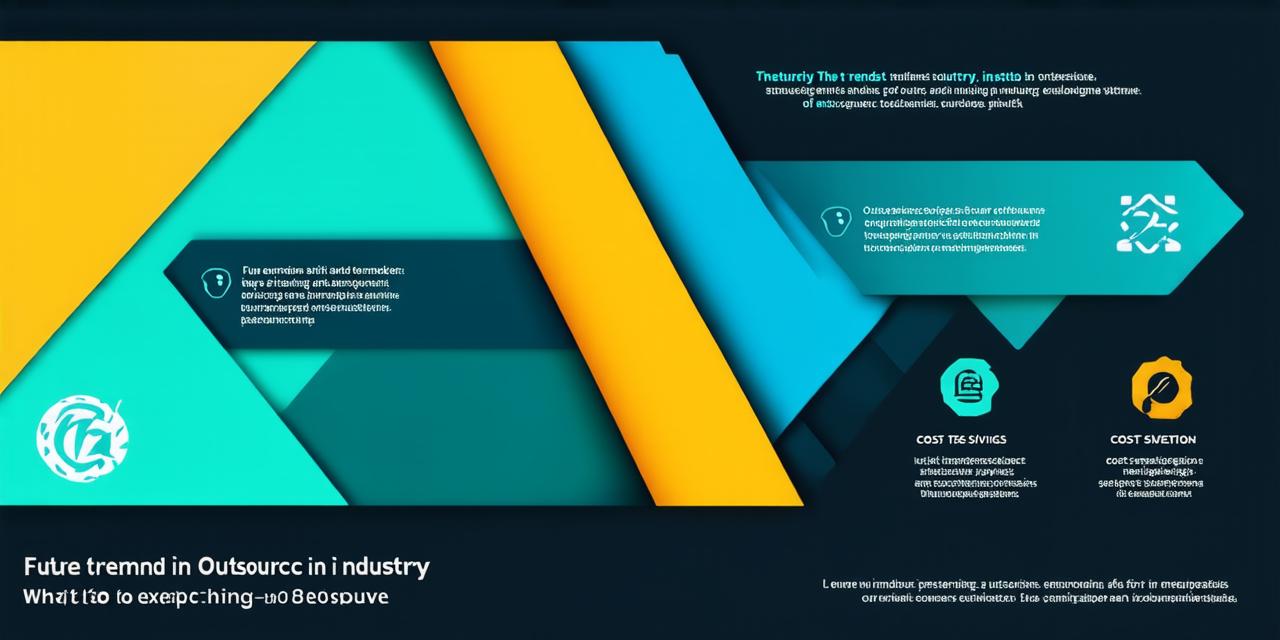Future Trends in Outsourcing: What to Expect
BlogOutsourcing has been a popular business strategy for many years. It involves outsourcing certain tasks or processes to third-party providers, which can help companies save time and money while also improving efficiency and flexibility.
As technology continues to evolve, there are likely to be some significant changes in the way that businesses approach outsourcing in the future.
One of the biggest trends in outsourcing is the increasing use of cloud services. Cloud-based solutions can help companies to store and process data more efficiently, as well as providing access to a range of software applications and tools that would otherwise be very expensive to implement internally. This trend is likely to continue as more and more businesses look for ways to reduce costs while also improving scalability and flexibility.
Another area where there are likely to be some significant changes in the future is in the use of artificial intelligence (AI) and machine learning (ML). These technologies have the potential to automate many tasks that are currently performed by humans, which can help companies to reduce costs and improve efficiency. For example, AI and ML can be used to analyze large amounts of data and identify patterns that would otherwise be very difficult for humans to detect. This could be especially useful in fields such as marketing and customer service, where businesses need to be able to quickly and accurately respond to changes in customer behavior.

In addition to cloud services and AI/ML, there are also likely to be some other trends that will shape the future of outsourcing. For example, there is a growing focus on sustainability and environmental responsibility, which means that businesses will need to work with providers that share these values and can help them to reduce their carbon footprint. This could involve using renewable energy sources or implementing sustainable practices in the supply chain.
Another trend that is likely to continue is the increasing use of remote work. As technology improves, it has become much easier for people to work from anywhere in the world. This means that businesses will be able to access a wider pool of talent and find the best possible candidates for their needs, regardless of where they are located.
Finally, there is likely to be a growing focus on data privacy and security. As more and more personal information becomes available online, businesses will need to be especially careful about how they handle this data. This could involve working with providers that have strict data protection policies in place or implementing their own measures to ensure that customer data is kept safe and secure.
Overall, the future of outsourcing looks very promising, as more and more businesses look for ways to reduce costs and improve efficiency. The use of cloud services, AI/ML, sustainability, remote work, and data privacy and security are just a few of the key trends that we can expect to see in the coming years. By staying up to date with these developments and working with partners that share their values, businesses will be well positioned to take advantage of the many opportunities that outsourcing has to offer.
